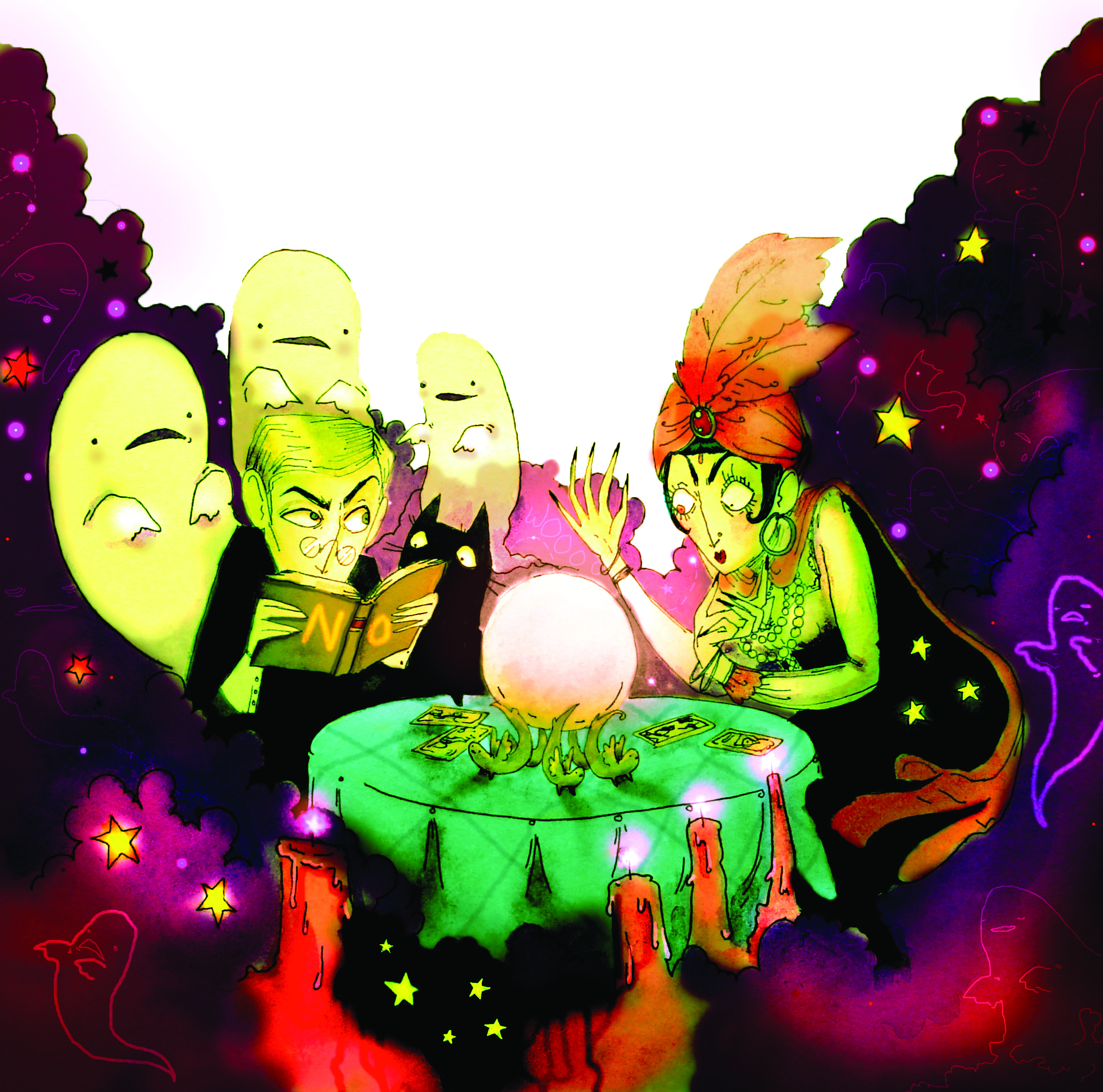When it comes to the paranormal, William Newman, UCLA professor of earth and space sciences, prescribes to a quote by his graduate school mentor and author Carl Sagan ““ “Extraordinary claims require extraordinary evidence.”
Newman, who plans on teaching an honors collegium course winter quarter about the scientific method and the search for extraterrestrial alien life, is a skeptic of spiritual phenomena.
Like many skeptics, Newman does not believe in the paranormal because there is a lack of scientific proof.
Although there have been many tens of millions of claimed contacts, there has never been physical evidence of spiritual phenomena, Newman said.
That same belief is held by Daniel Ben-Zvi, a fourth-year materials science student and member of the Bruin Alliance of Skeptics and Secularists.
“The thing about ghosts is there doesn’t seem to be any real pattern that I have discovered,” Ben-Zvi said. “Why do some people become ghosts and not others?”
Without solid scientific evidence, Jordan Goldman, a fourth-year philosophy student and member of BASS, said the claims require investigation.
In terms of spiritual phenomena, people often reject conventional solutions that could explain the experience, rather than investigating, Newman said.
Such conventional solutions are frequently scientific. A variety of paranormal experiences, from ghost sightings to near-death experiences to alien abductions, can be attributed to hallucinations that occur during traumatic moments or in the periods before and after sleep.
“The mind is an incredibly complicated thing,” Newman said. “In traumatic experiences, there are chemicals released in the brain that provide a commonality in experience for people.”
Additionally, astronomy and atmospheric conditions can explain many paranormal claims of alien and UFO sightings. Newman, who received his doctorate in astronomy, said 70 percent of UFO sightings are actually the moon, while another 20 percent are Venus and Jupiter.
While skeptics differ on the reasons for why people believe in spiritual phenomena, Ben-Zvi said belief in the paranormal is a coping mechanism for the unknown.
“The thing about skepticism is it sometimes forces you into uncomfortable truths,” he said. “A lot of people want to believe their dead relatives aren’t really gone, and the idea of the afterlife is an extension of that.”
Although Goldman said he does not know why people trust in the paranormal, he said he finds it intriguing that people can believe in anything strange and lacking in scientific evidence.
“It is kind of interesting that people always say things like they live next to a cemetery and they see ghosts,” Goldman said. “You never really hear stories about ghosts just walking down Wilshire. They always have that kind of spooky, supernatural feel.”
